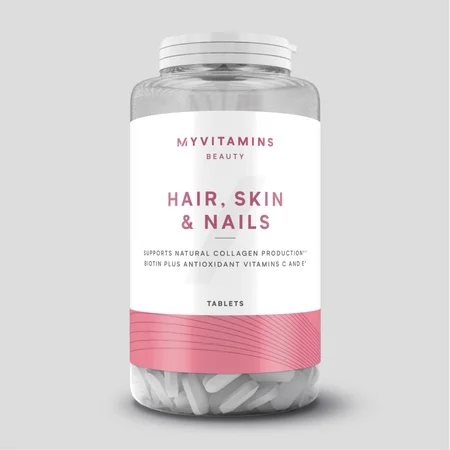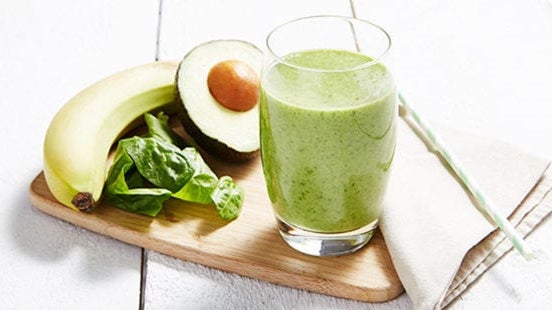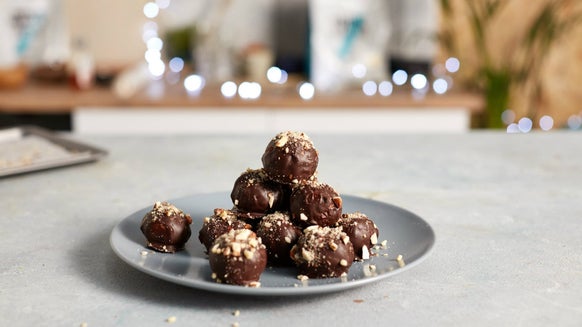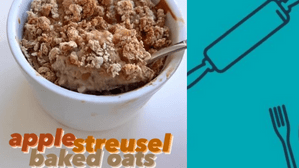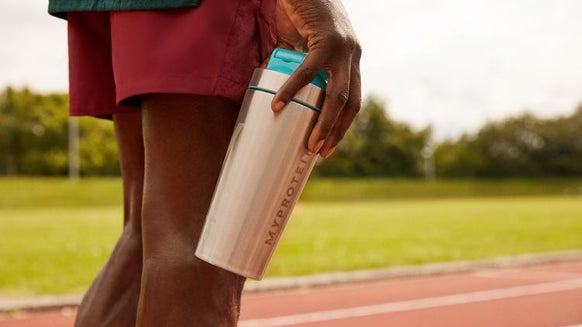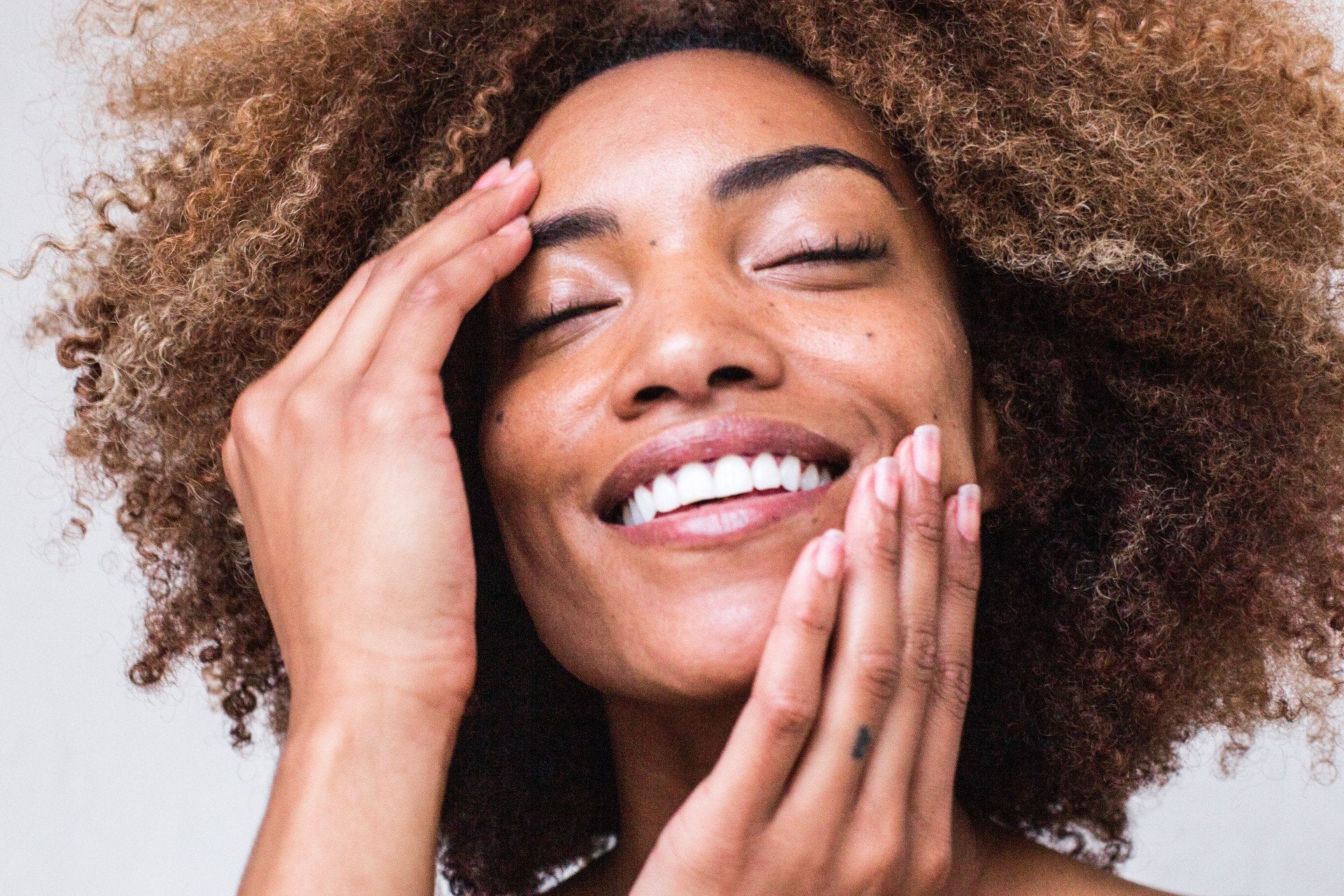
How do hair, skin and nails vitamins work?
What do they normally contain?

Which vitamins should I use for my hair, skin and nails?
Vitamins for hair
1. Biotin
Research shows the greatest impact of biotin for hair growth in individuals who were previously deficient.
2. Vitamin A
3. Vitamin C
4. Vitamin D
Healthy skin cells and hair follicles (where hair grows) depend on adequate Vitamin D for optimal hair health and growth, but Vitamin D is a common deficiency in even healthy individuals.
5. Vitamin E
It can help protect against cell damage from many sources and has been found to be deficient in those suffering from alopecia.
Research studies have supported the supplementation of Vitamin E to assist in hair growth.

Vitamins for skin
1. Vitamin A
Carotenoids help protect our skin from damage like UV rays from the sun, while retinoids improve the production of new skin cells and support the elasticity, firmness, and hydration of our skin.
2. Vitamin C
Vitamin C supports the immune system of the skin itself - preventing cancer cells and other oxidative damage.
3. Vitamin E
There are at least three known ways in which Vitamin E protects healthy skin cells from damage.
4. Fatty acids
Fatty acids like omega-3s also support the immune system, specifically blocking bacterial and fungal infections of the skin.

Vitamins for nails
1. Biotin
Just like its use for hair, those who have a biotin deficiency benefit from stronger nails when supplementing.
It makes the nails stronger but supporting structural proteins and promotes healthy nail shapes.
2. Vitamin C
Vitamin C’s antioxidant properties help keep nails healthy and growing properly, preventing a condition in which the nails grow downward.
3. Vitamin D
Vitamin D supports healthy nail growth and nail color, as well as preventing brittle nails that break easily.
4. Vitamin B6
It prevents both brittle nails and soft nails, keeping a strong barrier intact between your skin and the environment.

All-in-one beauty vitamins
- Fat soluble vitamins: Vitamins, A, D, and E are all linked with benefits to healthy hair, skin and nails
- Antioxidants: Vitamins C & E are two major sources of antioxidants that keep your cells healthy and producing healthier hair, skin, and nail cells
- Biotin: although this is often sold on its own, make sure it is a part of your all-in-one regimen - this B Vitamin is the most well documented to support healthy hair, skin, and nails
Are there any potential side effects?
Take Home Message
Want to find the right Hair, Skin, & Nails vitamin for you? Look no further:
Want to learn more about supplements for beauty and wellness? Check these out next:
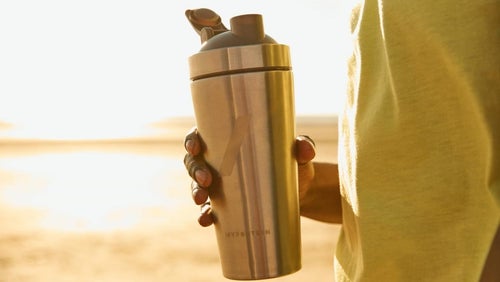
Collagen Protein | 5 Amazing Benefits of Collagen
Want to learn about the benefits of collagen? Look no further....
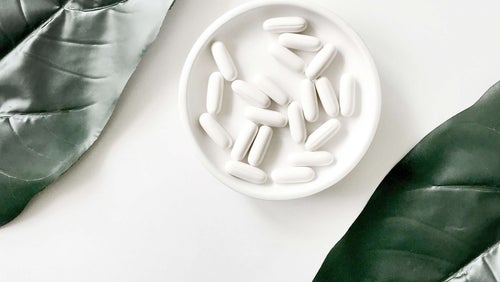
Support Your Hair, Skin, Nails & More With Our New Women's Daily Multivitamin
Boosting wellness and immunity on the daily....

Claire is a Registered Dietitian through the Academy of Nutrition and Dietetics and a board-certified Health and Wellness Coach through the International Consortium for Health and Wellness Coaching. She has a Bachelor of Science in Biology and a Master’s degree in Clinical Dietetics and Nutrition from the University of Pittsburgh.
Talking and writing about food and fitness is at the heart of Claire’s ethos as she loves to use her experience to help others meet their health and wellness goals.
Claire is also a certified indoor cycling instructor and loves the mental and physical boost she gets from regular runs and yoga classes. When she’s not keeping fit herself, she’s cheering on her hometown’s sports teams in Pittsburgh, or cooking for her family in the kitchen.
Find out more about Claire’s experience here.
- Almohanna, H. M., Ahmed, A. A., Tsatalis, J. P., & Tosti, A. (2019). The role of vitamins and minerals in hair loss: a review. Dermatology and therapy, 9(1), 51-70.
- Beoy, L. A., Woei, W. J., & Hay, Y. K. (2010). Effects of tocotrienol supplementation on hair growth in human volunteers. Tropical life sciences research, 21(2), 91–99.
- Szyszkowska, B., Łepecka-Klusek, C., Kozłowicz, K., Jazienicka, I., & Krasowska, D. (2014). The influence of selected ingredients of dietary supplements on skin condition. Advances in Dermatology and Allergology/Postȩpy Dermatologii i Alergologii, 31(3), 174.
- Cashman, M. W., & Sloan, S. B. (2010). Nutrition and nail disease. Clinics in dermatology, 28(4), 420-425.
